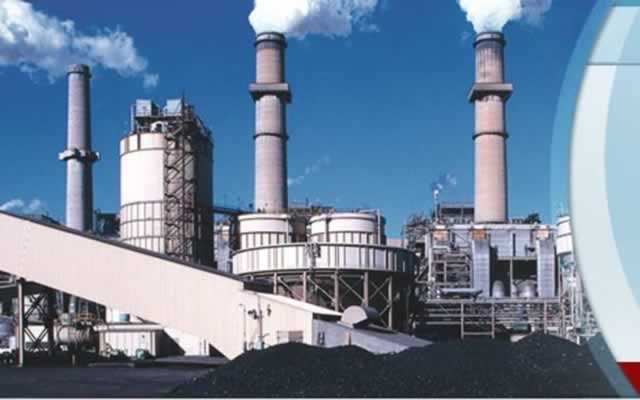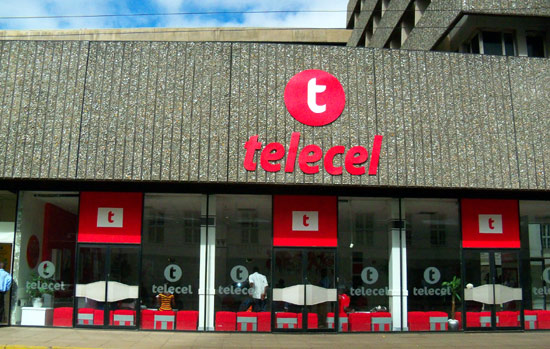Managing electricity costs in industry


Industrial, commercial, mining and agricultural clients play a major role in promoting efficient use of electricity
In our previous submissions we explained how domestic clients can mitigate the challenge of load shedding by ensuring that they do not use the available power wastefully.
The power that is generated internally or being imported is not enough to meet the needs of all clients, and this often results in load shedding.
In the past we explained how domestic clients can mitigate this challenge by avoiding wasteful usage of power.
Large power users also have a big role in the elimination of inefficiencies in the use of electricity thereby making it available to other needy areas.
Our empirical studies have shown that 20 percent of all the power that is either generated or imported is being wasted.
It is against the same background that we would want to take advantage of this column to educate large power users on how they can use the available power more efficiently.
Efficiency would not only translate in substantial reduction in incidence of load shedding, but will also result in improved bottom line through reduced electricity bills.
The following are some of the hints that can be adopted by Commercial, Industrial, Agricultural and Mining applications in order to achieve energy savings:
Organisations are encouraged to formulate energy policies that will create an environment which will be conducive for energy management.
There is now greater need to develop and maintain effective energy management programmes at the work place for continuous engagement of staff on efficient usage of power
The power factor and load factor in this case play a more pronounced role in the direct reduction of electricity bills if appropriate attention is paid to the same parameters.
Capacitor banks should be installed to compensate the inherent poor power factor associated with motors used in multi complex office buildings, farming points and industrial applications. The level of power factor has a direct relationship with the level of recorded maximum demand. The power factor should be kept at about 0.95 lag. Check capacitors regularly.
Where a group of electrical machines operate independent from each other, starting can be staggered to avoid the initial combined high demand of power during start-up.
The unit cost of production is directly related to utilisation of the power supplied. High demand peaks can be flattened using less machinery and extend the production time to a two shift arrangement or more. In other words the closer the level of demand and energy consumed, the lower the unit cost.
Load management must be given the appropriate status among the other management tools in enhancing good business practices.
The current tariff structure has an on-peak rate which is higher than the off peak rate and therefore clients can benefit by shifting their high power usage into the off peak periods which has got a cheaper tariff. The Off peak period is between 2200hrs to 0700hrs.
Operations yielding a high load factor results in a lower electricity unit price when compared to low load factor.
It is advisable to arrange for off-peak water heating wherever possible and enjoy the lower off-peak rates offered in tariffs.









Comments